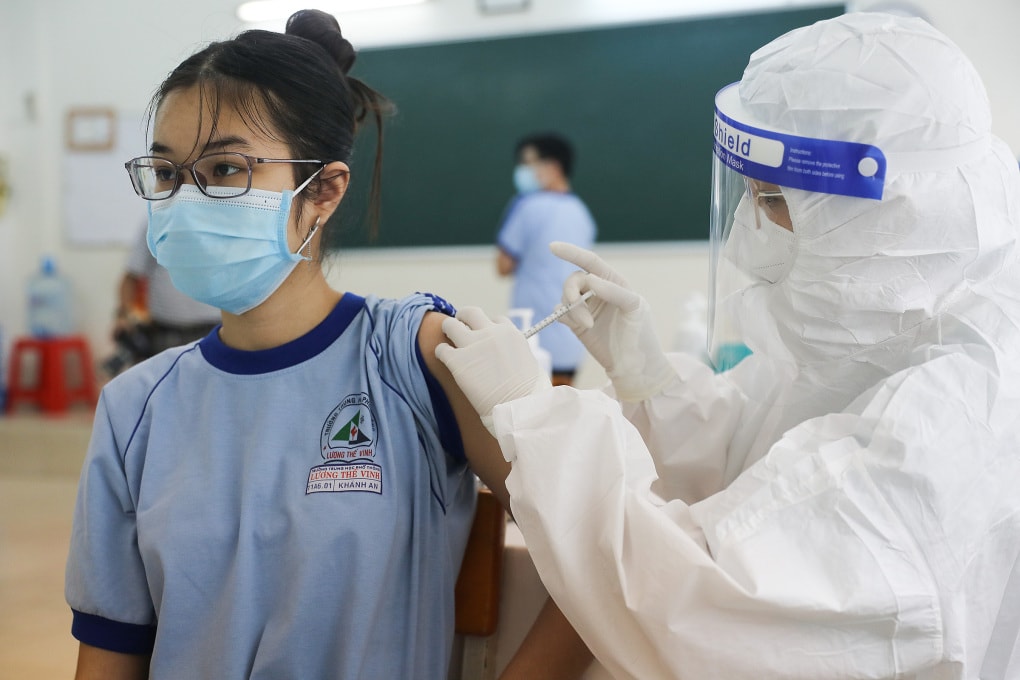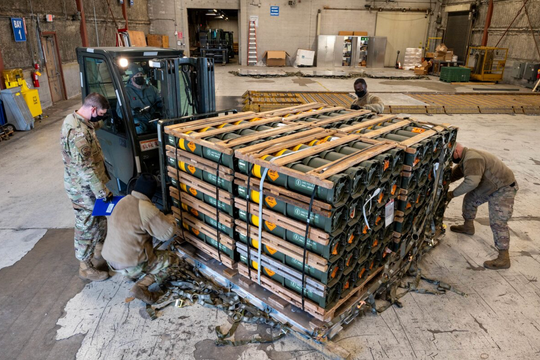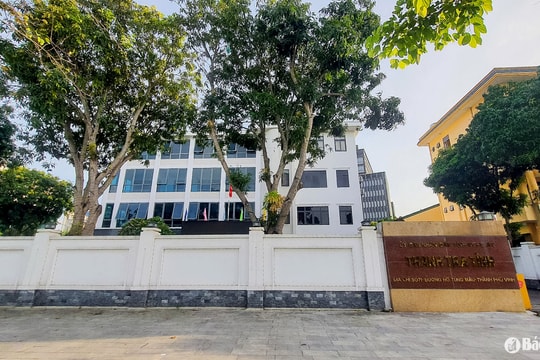Which children need to delay Covid-19 vaccination?
Children need to delay getting the Covid-19 vaccine if they have an acute or chronic progressive illness, according to pre-vaccination screening guidelines issued by the Ministry of Health on the afternoon of October 29.
The new guidelines divide children into four major groups for vaccination: Eligible for vaccination; Vaccination with caution; Delayed; Contraindicated.
Groups eligible for vaccination:The child has no abnormalities and no contraindications to vaccination according to the manufacturer's instructions. Specifically, the child has no history of anaphylaxis to other vaccines that have been injected or to any components of the Covid-19 vaccine; No acute or chronic progressive illness; No history of allergy to any allergen; No perceptual disorders, behavioral disorders; No congenital diseases, chronic diseases of the heart, lungs, digestive system, urinary system, blood... Listening to the heart and lungs shows no abnormalities; No grade 3 or higher anaphylaxis to any allergen...
Contraindications:Children with abnormalities and contraindications to vaccination should receive the vaccine according to the manufacturer's instructions.
Groups delaying vaccination:When children have acute or chronic progressive diseases.
Groups that should be cautious when getting vaccinated:Children with a history of allergy to any allergen; Perceptual disorders, behavioral disorders.
The guidelines also provide a group of children who need to be referred for screening and vaccination at the hospital, including: those with congenital diseases, chronic diseases of the heart, lungs, digestive system, urinary system, blood... Abnormal heart and lung auscultation; Grade 3 or higher anaphylaxis to any allergen.
 |
| Pfizer vaccine injection for children over 12 years old at Luong The Vinh High School (District 1), October 27. Photo: Quynh Tran |
In Vietnam, the vaccination campaign for children aged 12-17 years old has been deployed nationwide since November, following a vaccination schedule from high to low age groups, prioritizing the 16-17 age group, gradually lowering the age according to the progress of vaccine supply and the local epidemic situation. Vaccination for children is carried out first in localities that have undergone social distancing, have a high rate of Covid-19 infection; localities with high population density and high risk of infection.
At the online training session for 63 provinces and cities onGuidelines for implementing a child vaccination campaignOn the afternoon of October 29, Deputy Director of the Central Institute of Hygiene and Epidemiology, Duong Thi Hong, said that the Ministry of Health hasapproved two vaccinesComirnaty of Pfizer-BioNTech and Spikevax of Modena, are for children aged 12-17, that is, from grades 7 to 12. However, Vietnam currently only has the Pfizer vaccine in supply.
According to Ms. Hong, the ingredients of the Pfizer vaccine are completely free of the risk of causing genetic disorders, long-term effects, or causing cancer or infertility, as many parents worry about. 36 countries have vaccinated the Pfizer vaccine, including 19 European countries, 6 American countries including the US, Canada, Brazil, etc. In Asia, there are India, China, Thailand, New Zealand, and Vietnam.
"Pfizer and Moderna vaccines have been recommended by many countries and the WHO, and approved by the Ministry of Health, so parents can rest assured when taking their children for vaccination. Vaccination is proactive disease prevention," Ms. Hong emphasized.
Also related to vaccine safety issues, many parents are concerned about complications.myocarditisin children after vaccination. Mr. Tran Minh Dien, Director of the Children's Hospital, affirmed that this rate is very low, but Vietnam must also prepare to understand what myocarditis and pericarditis are. Accordingly, parents need to understand theearly signslike baby tired, fast heart rate... to handle, don't wait until blood pressure drops.

.jpg)





